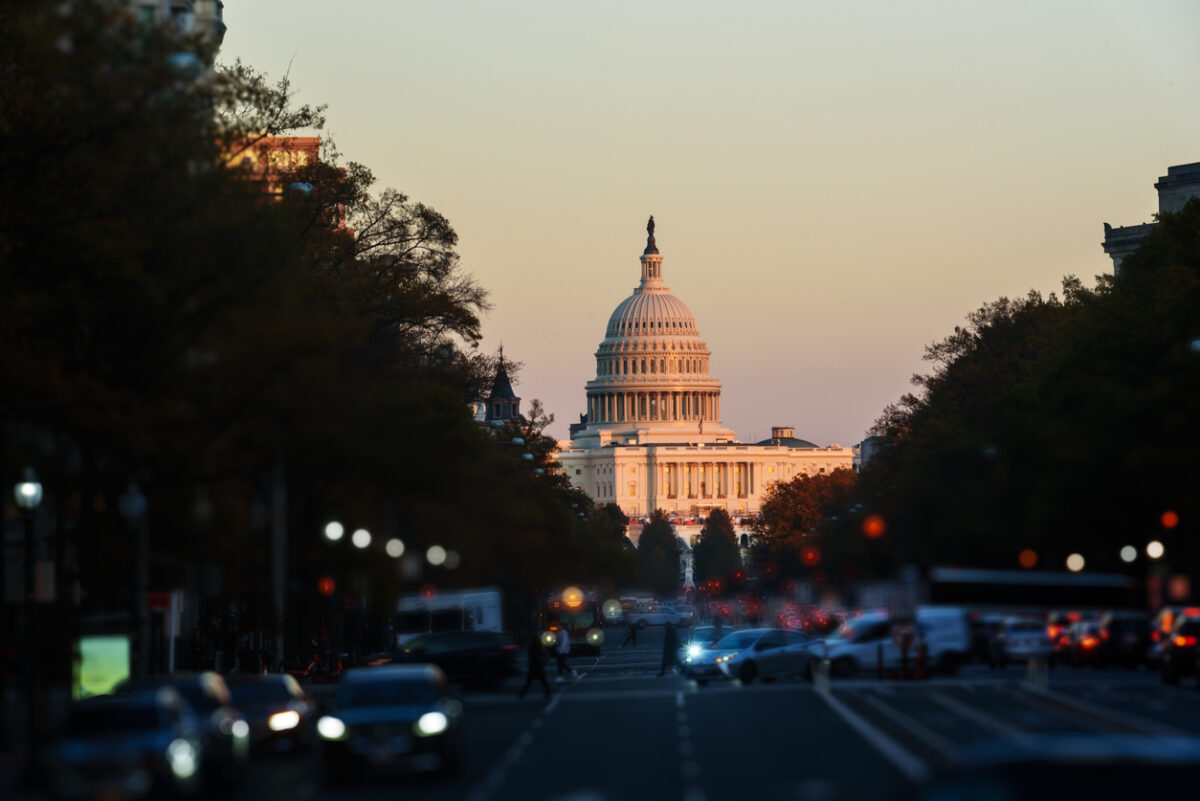IHEP’s Statement on President Biden’s FY22 Budget Blueprint

Washington, D.C. (April 9, 2021) – Today, the Biden Administration released the summary of its fiscal year 2022 (FY22) discretionary budget request. In response to the proposal’s higher education priorities, IHEP Interim President, Mamie Voight, issued the following statement:
“IHEP appreciates the higher education investments highlighted in today’s discretionary budget request, including an increase to the maximum Pell Grant award and enhanced support for institutions serving Black, Latinx, Indigenous, and AAPI students and students from low-income backgrounds.
“The Pell Grant is the foundation of our federal financial aid system. Over the past fifty years, it has helped millions of low- and moderate-income Americans realize their dream of a college education and benefit from the economic mobility a postsecondary credential can provide. Unfortunately, funding for the program has failed to keep pace with rising college costs. While the award once covered more than half the costs at a public four-year college, it now covers less than one-third.
“We welcome the proposed $400 discretionary increase to the maximum Pell Grant as a promising step toward doubling the maximum award, and we encourage rapid implementation of a comprehensive plan to bring that doubling to fruition. We hope to see additional efforts from Congress and the Administration to strengthen the Pell Grant program in the long term – including indexing the award to inflation and protecting the Pell Grant Reserve Fund.
“IHEP also welcomes the proposed $600 million increase for institutions serving Black, Latinx, Indigenous, and AAPI students and students from low-income backgrounds. Minority-Serving Institutions (MSIs) and community colleges play a critical role in our communities and society by providing access to postsecondary opportunities for students who have been historically underserved in our higher education system. Unfortunately, these institutions have been critically and chronically underfunded. This proposed increase will provide funding to help these institutions increase capacity and bolster student supports.
“While we welcome these topline investments, we also hope to see increased investments in other postsecondary programs, including campus-based aid programs and important data systems and collections, including the Institute of Education Sciences (IES) and the State Longitudinal Data Systems (SLDS) grant program.
“More than one year into the COVID-19 pandemic, there is no question that negative impacts have been disproportionately borne by Black, Latinx, Indigenous, AAPI, and low-income communities. The investments made in this appropriations cycle are critical to our shared future. Decisions now will determine whether we remedy the inequities that the COVID-19 public health and economic crises have laid bare in college access, affordability, and success – or widen them.
“We look forward to working with the Biden Administration and members of Congress to build on this proposal and to enact increased investments to support today’s students and ensure everyone can reap the economic and non-economic benefits that higher education can provide.”


